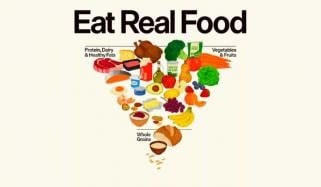
A new study revealed that replacing ultra-processed food from the diet minimises the chances of type 2 disabilities.
According to Health Line, a study published in The Lancet Regional Health: Europe with the collaboration of the University of Cambridge and Imperial College London found a strong link between ultra-processed food and type 2 diabetes.
The researchers found that with every 10% increase in ultra-processed food in a diet, the chances of getting type 2 diabetes increase to 17%.
Moreover, Nichola Ludlam-Raine, a specialist dietitian and a researcher who was not involved in the study, said, “The findings align with previous research linking ultra-processed foods with an increased risk of chronic diseases, including type 2 diabetes. This is not surprising, as UPFs are often high in refined sugars, unhealthy fats, and low in essential nutrients as well as fibre.”
She explained, “Additionally, UPFs typically have low fibre content, contributing to poor blood sugar regulation and reduced satiety. In turn, this can cause overconsumption and weight gain, both of which increase diabetes risk.”
The dietitian suggested replacing UPFs with whole or minimally processed foods that will help in weight management, stabilise blood sugar levels, improve insulin sensitivity, and provide more nutrients and fibre, which will protect people from getting type 2 diabetes.















